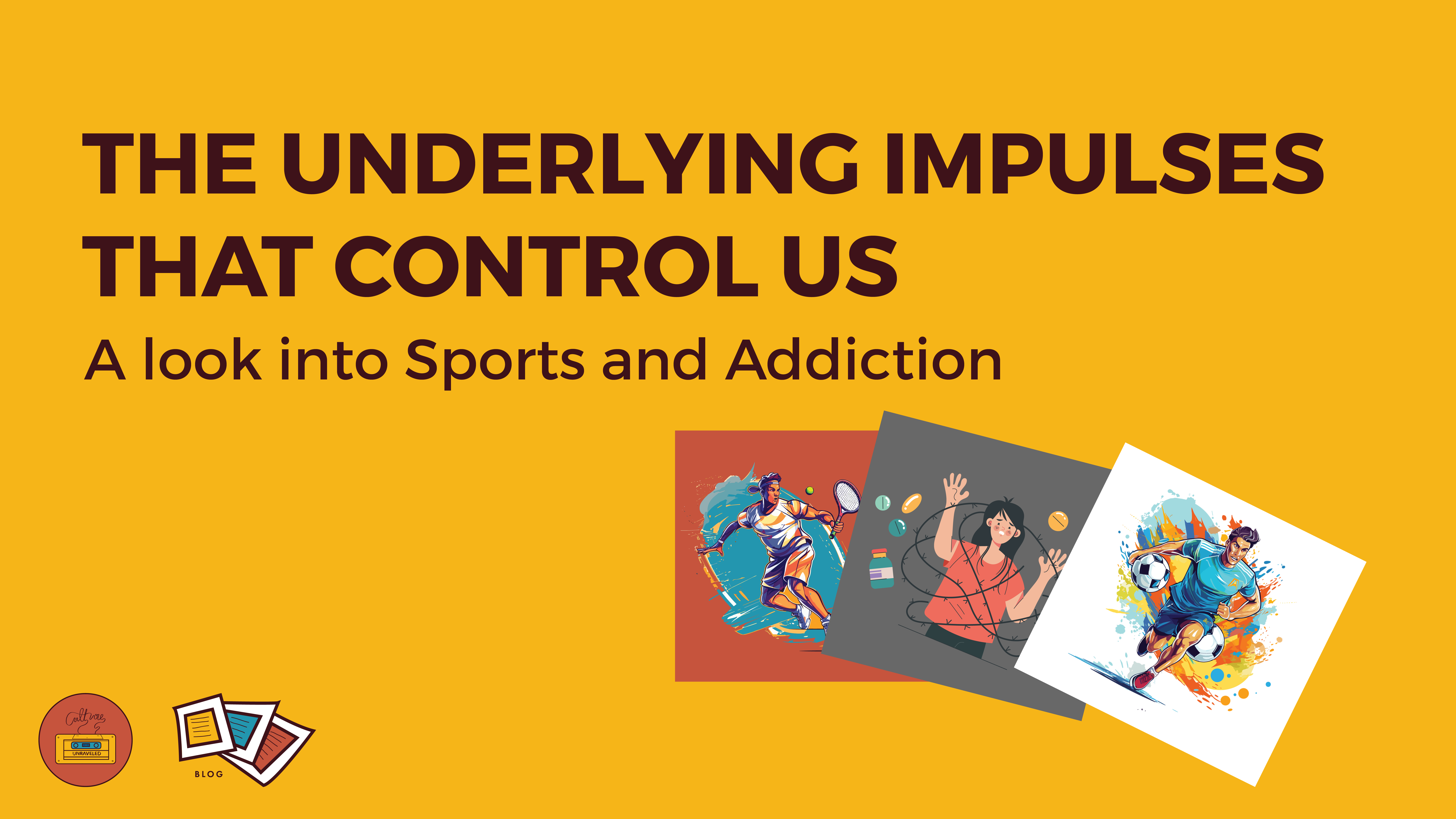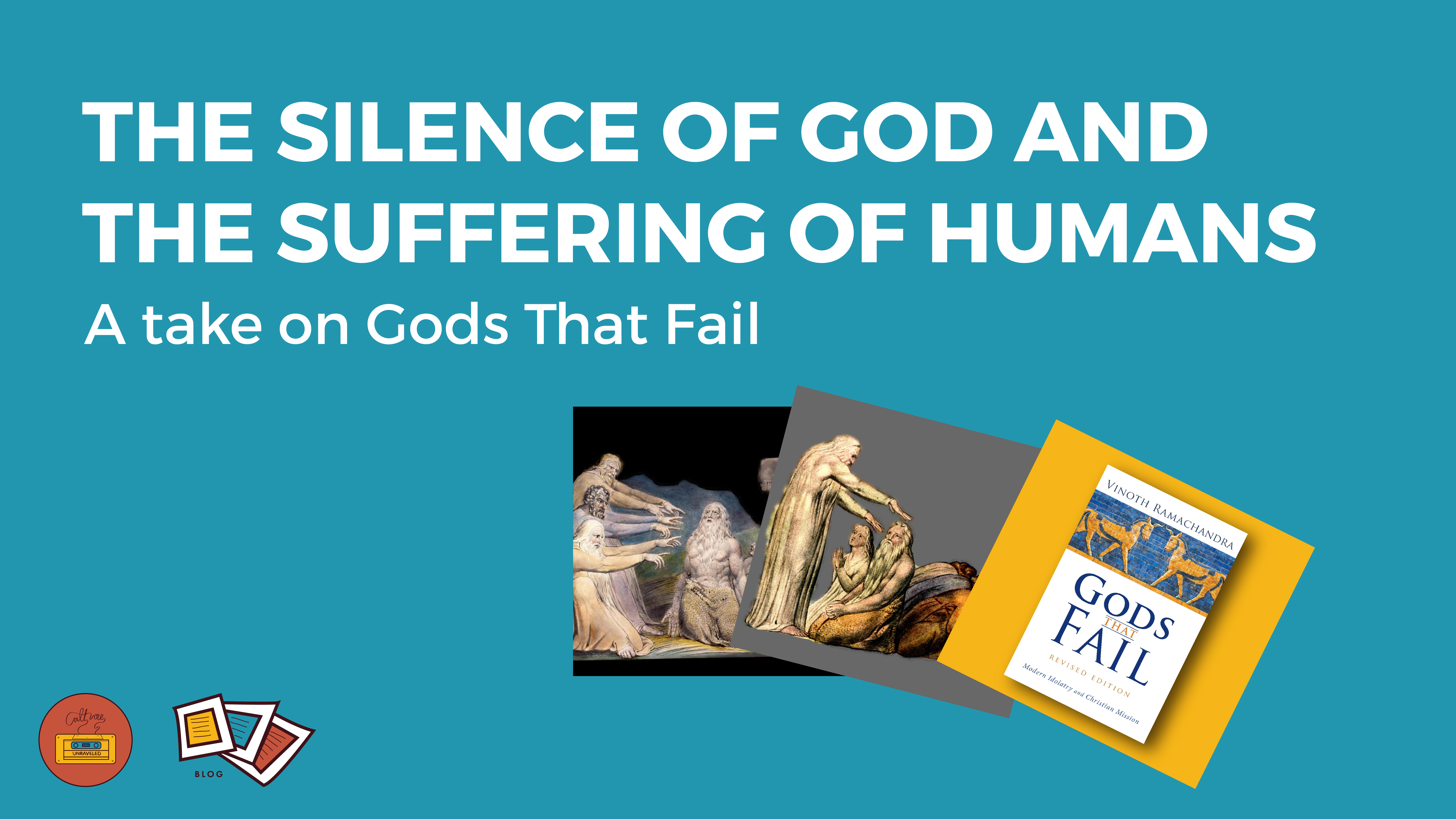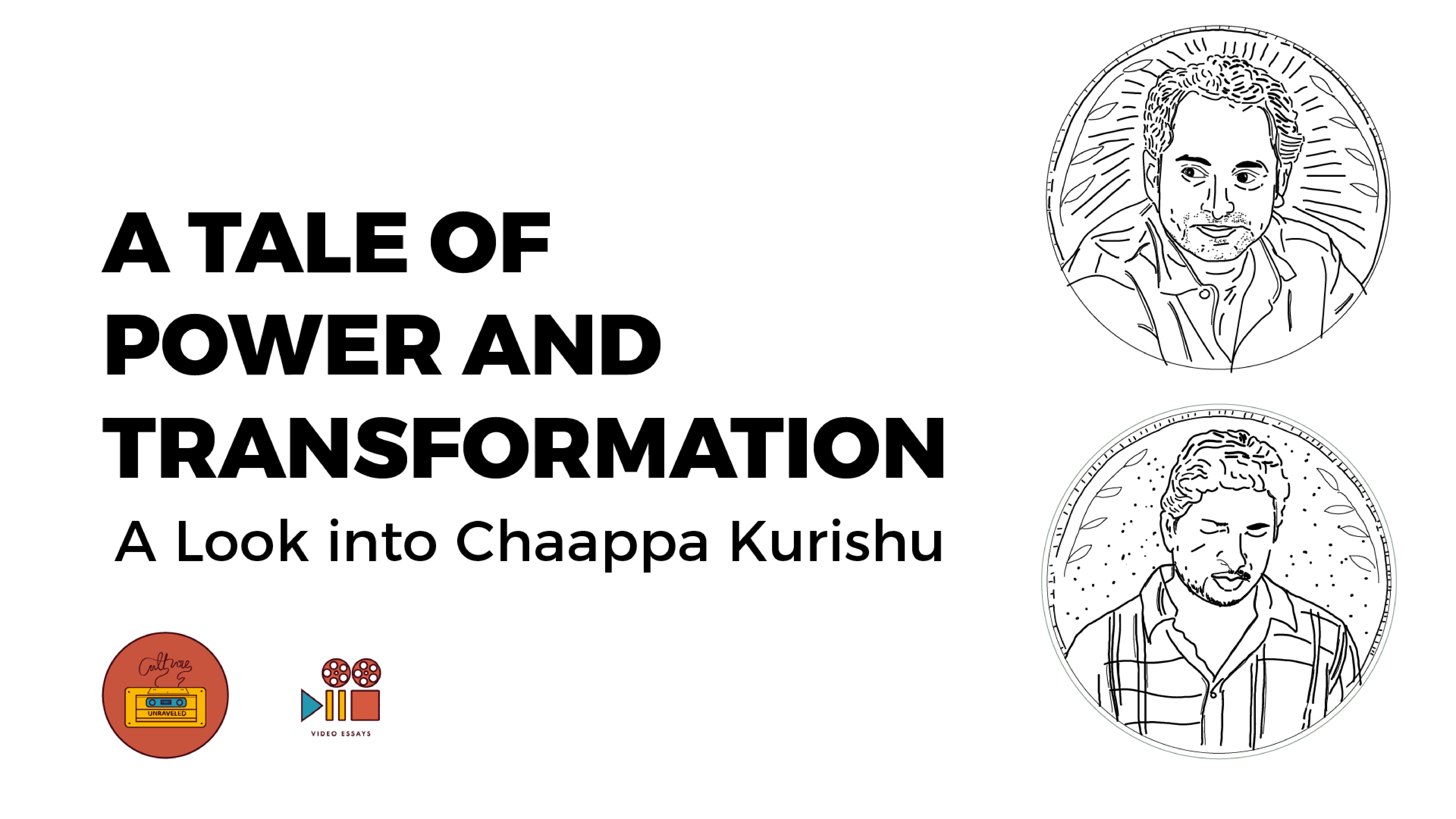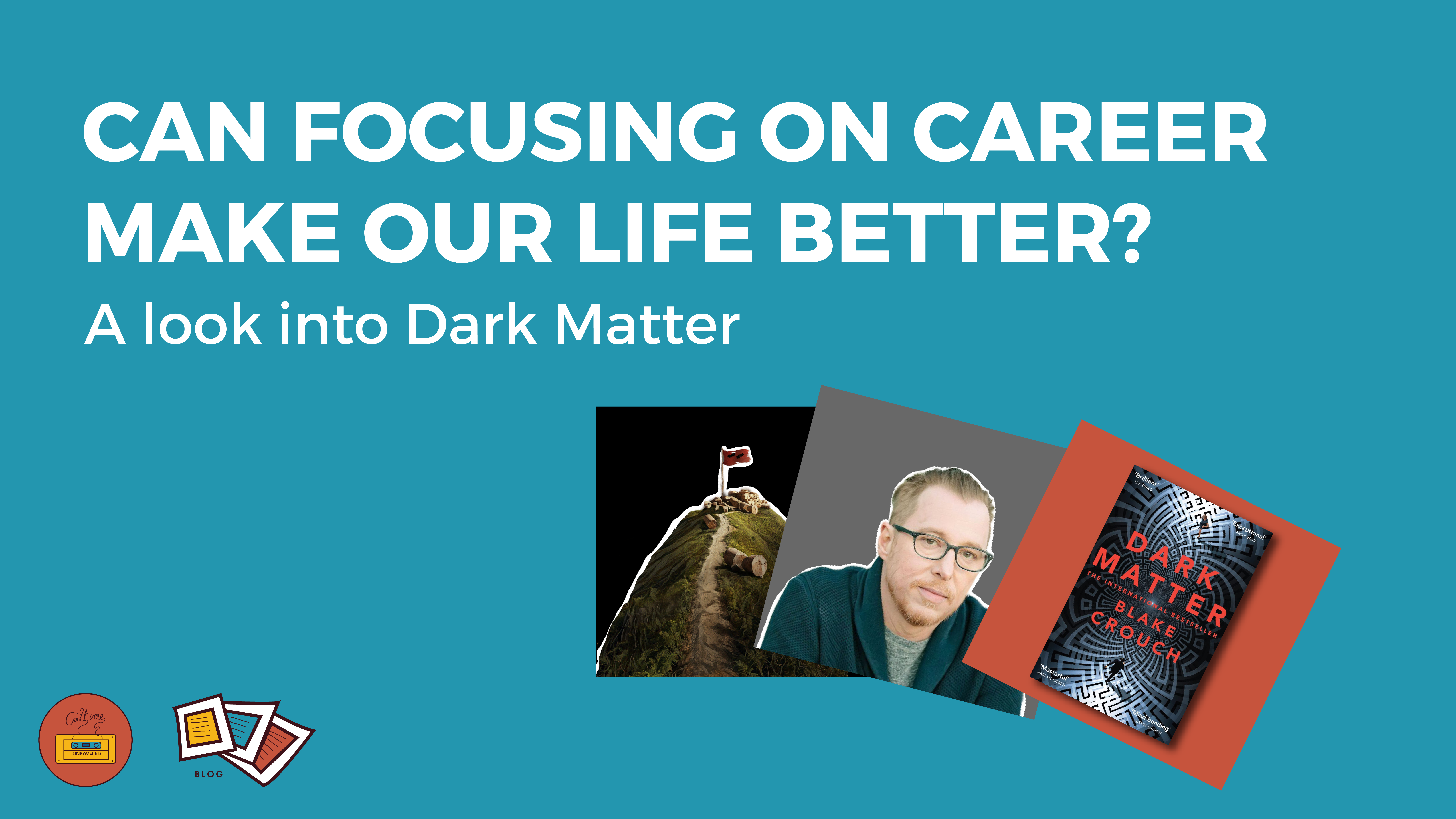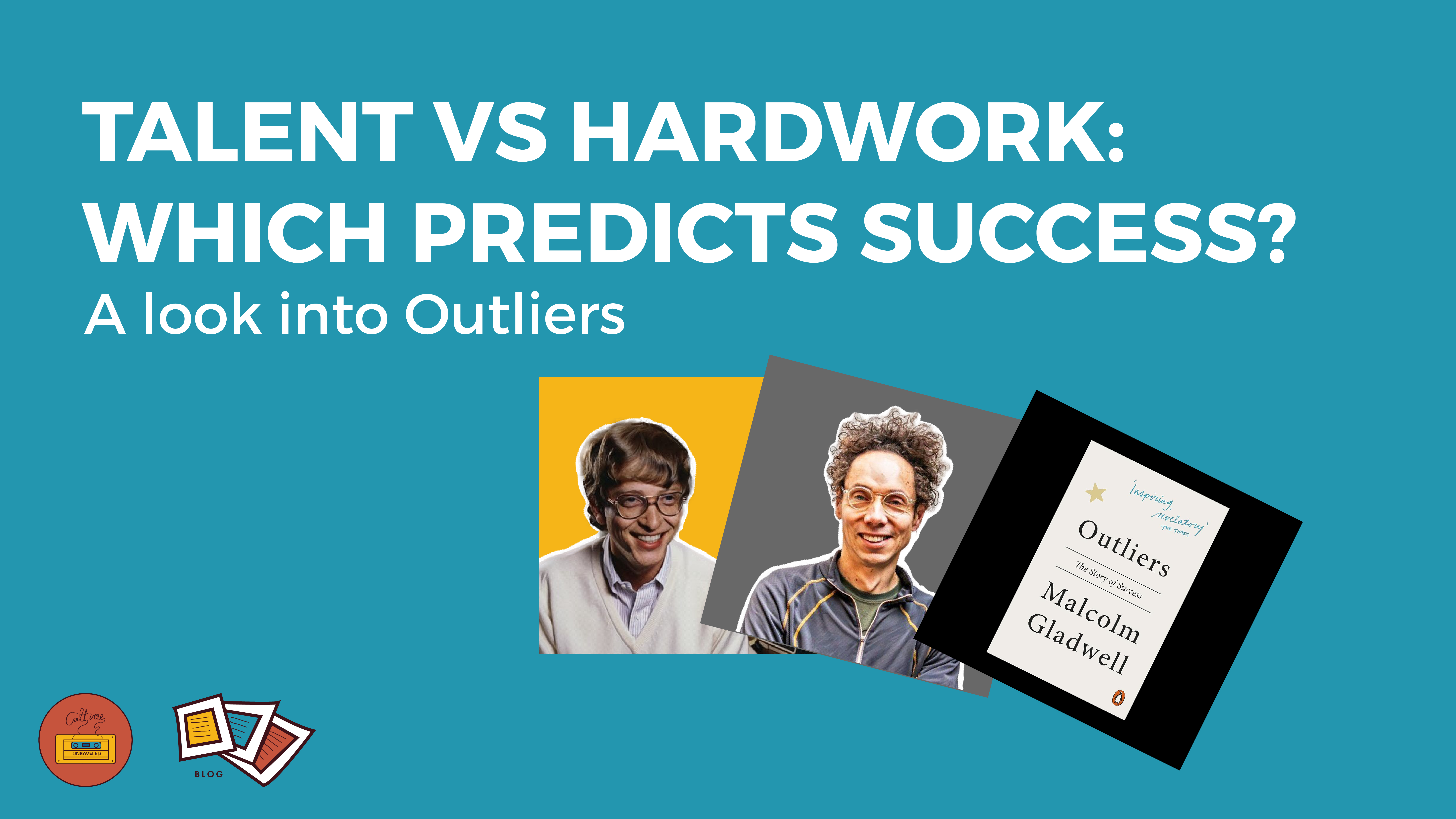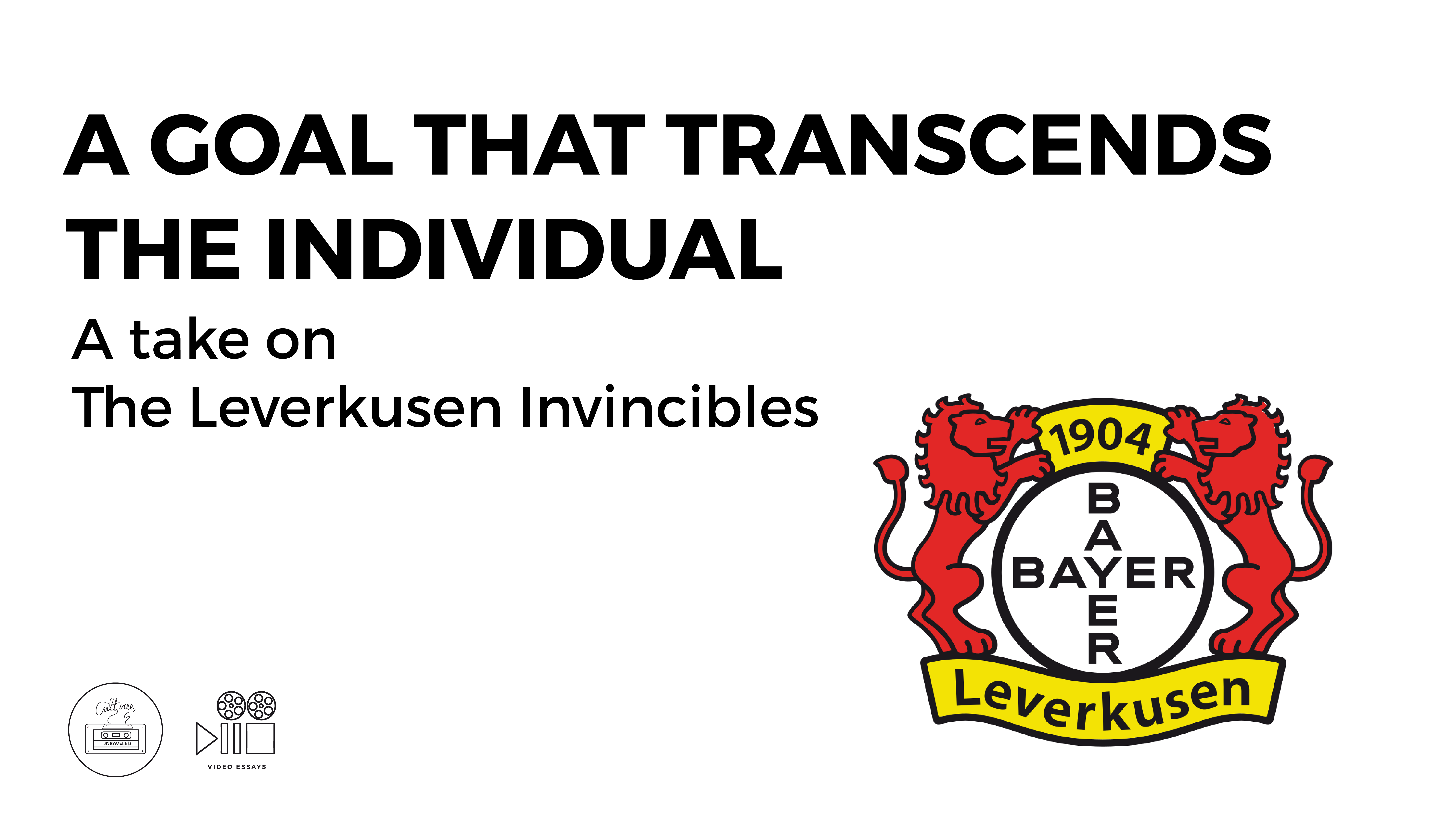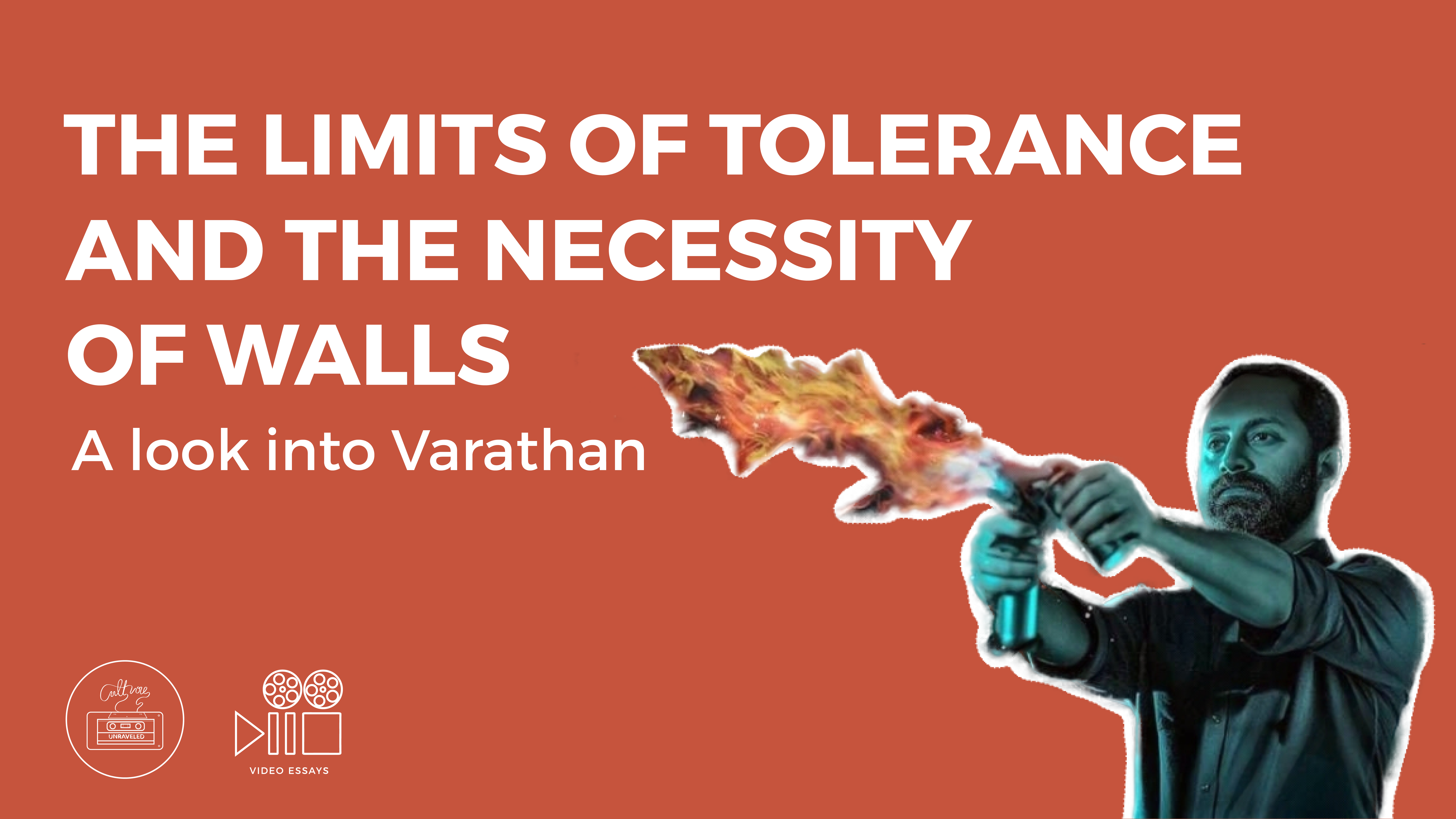
Are greedy people wise? Popular opinion suggests that greedy people are not gullible due to their ability to outsmart others for undeserved gain. Yet contrary to such popular belief, greedy decisions without forethought of the consequences often backfire in significantly costly ways, making greedy people the most naive. This idea is highlighted in the movie “Pain Hustlers,” which tells the classic “rags-to-riches” story about a character called Liza Drake. Liza, a poor and overworked woman, becomes exceptionally successful, with a bit of opportunity and a powerful ability to persuade people for monetary gain. Although her abilities to be wise and persuasive help her achieve great wealth and success, those abilities often leave her blind to the greed within her. While she cannot be described as naive toward other people’s motives, her inability to consider the consequences of her greedy decisions indicates a gaping naivety toward her motives. Her naivety backfires, and she ends up with a haunting past.
Liza’s success story begins when Pete, a white-collar employee at a pharmaceutical company called Zanna, offers her a job where she could make 100K dollars annually. Liza immediately takes up the offer and successfully persuades Dr. Lydell to prescribe a drug endorsed by the company but which the FDA has not approved. One of Lydell’s patients experiences incredible relief from his pain, and consequently, Lydell begins to place most of his cancer patients on the drug. Zanna makes a considerable profit, and Liza earns 600K dollars within a year. Such a massive influx of wealth certainly takes Liza off-guard, but she quickly gets acquainted with a wealthy lifestyle. Not knowing where such an overnight success could lead her, Liza lets her greed take charge from that point onwards. While her success could be credited to her ingenuity, her lack of foresight leads her to continue partnering with people bent on unrestrained greed.
As the story goes, this initial success leads Dr. Neel, the CEO of Zanna Pharmaceuticals, to promote Liza and Pete to be the National Sales Director and the COO of the company. By launching the drug into the broader market, the company gains a profit of 400%, and its success skyrockets. Despite the addictive nature of the drug, no one regards the danger of prescribing it without restraint. Everyone working in Zanna, along with Liza, let their greed for money override their good judgment. Their success was undoubtedly a product of their brilliant minds. Yet, their greed blinds them to the consequences of prescribing an addictive drug to the broader public. They overlook entirely how their selfishness could cause not merely their company’s downfall but also the downfall of their lives.
Liza then moves into a fancy home with her daughter and mother, celebrating their accomplishments by throwing outrageous drinking parties. Meanwhile, Dr. Neel’s eccentricities kick in, and the company begins experiencing a drop in sales. While Pete and Liza continue to work towards bettering the company’s sales, Dr. Neel decides to take Lonafen (the drug) off-label and prescribe it as a generic pain medication. His greed takes the best of him and gets even more accentuated when Liza requests him to help her with her daughter’s brain surgery. Instead of offering the needed help, he provides her unsolicited advice and leaves her with her crisis. At this point, we realize that Dr. Neel never designed the drug for people’s benefit. Instead, we see his true character, which is tainted with selfishness, greed, and even a little bit of insanity.
Meanwhile, Liza objects to taking the drug off-label, but Dr. Neel remains obstinate, and Pete eventually gives in to this decision. The drug goes off-label in the market, and because it is highly addictive, it starts killing people. When Liza’s friend’s husband dies because of it, Liza immediately takes action. She testifies against Zanna in the U.S. attorney’s office, admitting she helped build the speaker and bribery programs. She even testifies against her colleagues, especially Pete and Dr. Neel, who get implicated as the case goes to court. On hearing this, Pete is outraged and blames Liza for their company’s downfall. Even though he was responsible for people’s deaths, he does not admit that it was his fault. Instead, his anger and regret of losing the company make him undeniably monstrous towards Liza. Little does he understand that his trouble resulted from naivety towards his motives.
Soon, experts revealed the dangers of Lonafen and how patients died due to an overdose. While Pete and Dr. Neel receive a long period of imprisonment, the court sanctions Liza for a lesser imprisonment time since she was the whistle-blower, and she genuinely apologizes for her naivety and greed. After fifteen months, the court releases her from prison, and Liza turns over a new leaf by starting a cosmetic company. The movie ends with a note on how Liza’s past still haunts her, even though she tries to abandon thoughts about her scary past quickly. With this, Liza’s success story turns into a cautionary tale about the dangers of accomplishing great wealth at the expense of foresight and good judgment about the consequences of greedy decisions. It also showcases a classic case of how greedy people can appear wise, yet their inability to check their insatiable desires enslaves them to their ignorance.
“Pain Hustlers” unfolds a cautionary tale of wealth achieved through greed, exemplified by Liza Drake’s journey. Her initial success, driven by persuasive abilities, leads to a cascade of unrestrained greed within Zanna Pharmaceuticals. The consequences, including deaths from an addictive drug, expose the characters’ naivety toward the ramifications of their actions. Liza’s redemption as a whistle-blower underscores the theme that greed, despite its apparent wisdom, can lead to a haunting past. The film is a stark reminder that unchecked desires, masquerading as wisdom, can trap individuals in a cycle of ignorance and regret.
_________________________________________
Written by Roselina Vundi


